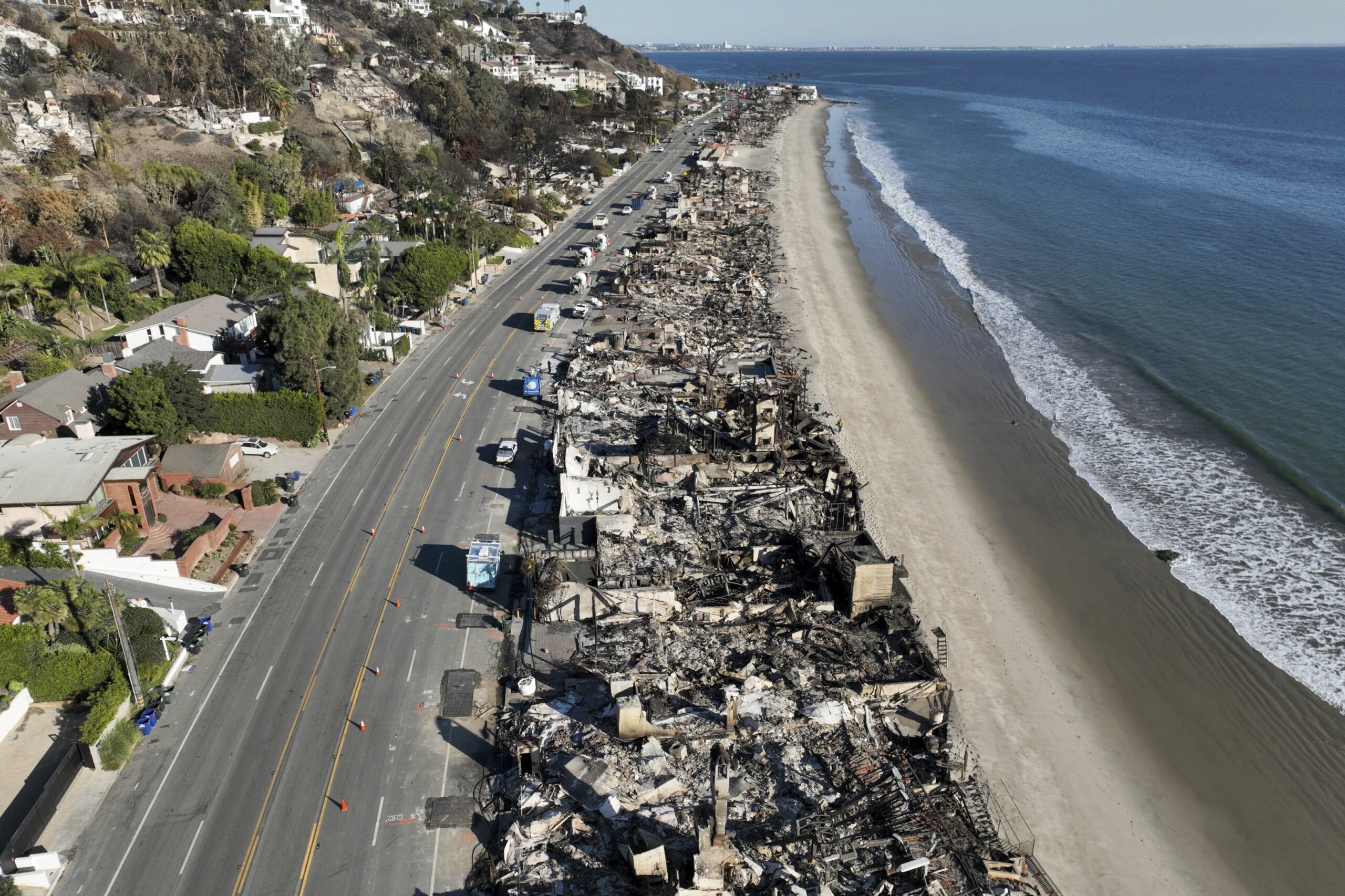Green Casualties: How Trump's Budget Slashes Could Devastate Environmental Protections

In a sweeping assault on environmental protections, President Donald Trump's initial 100 days set a controversial tone for climate and conservation policies. His recently unveiled budget proposal continues this aggressive approach, signaling a dramatic shift in the nation's environmental strategy.
The administration's blueprint aims to dramatically scale back critical environmental initiatives, proposing significant cuts and rollbacks that could fundamentally reshape the United States' approach to climate change and ecological preservation. From proposed budget reductions to regulatory dismantling, Trump's plan represents a bold and potentially transformative vision for environmental policy.
Environmentalists and conservation experts have expressed deep concern about the potential long-term implications of these proposed changes, warning that they could undermine years of progress in protecting natural resources and combating climate change. The budget document, released on Friday, suggests a comprehensive strategy to limit federal involvement in environmental regulation and reduce funding for key conservation programs.
